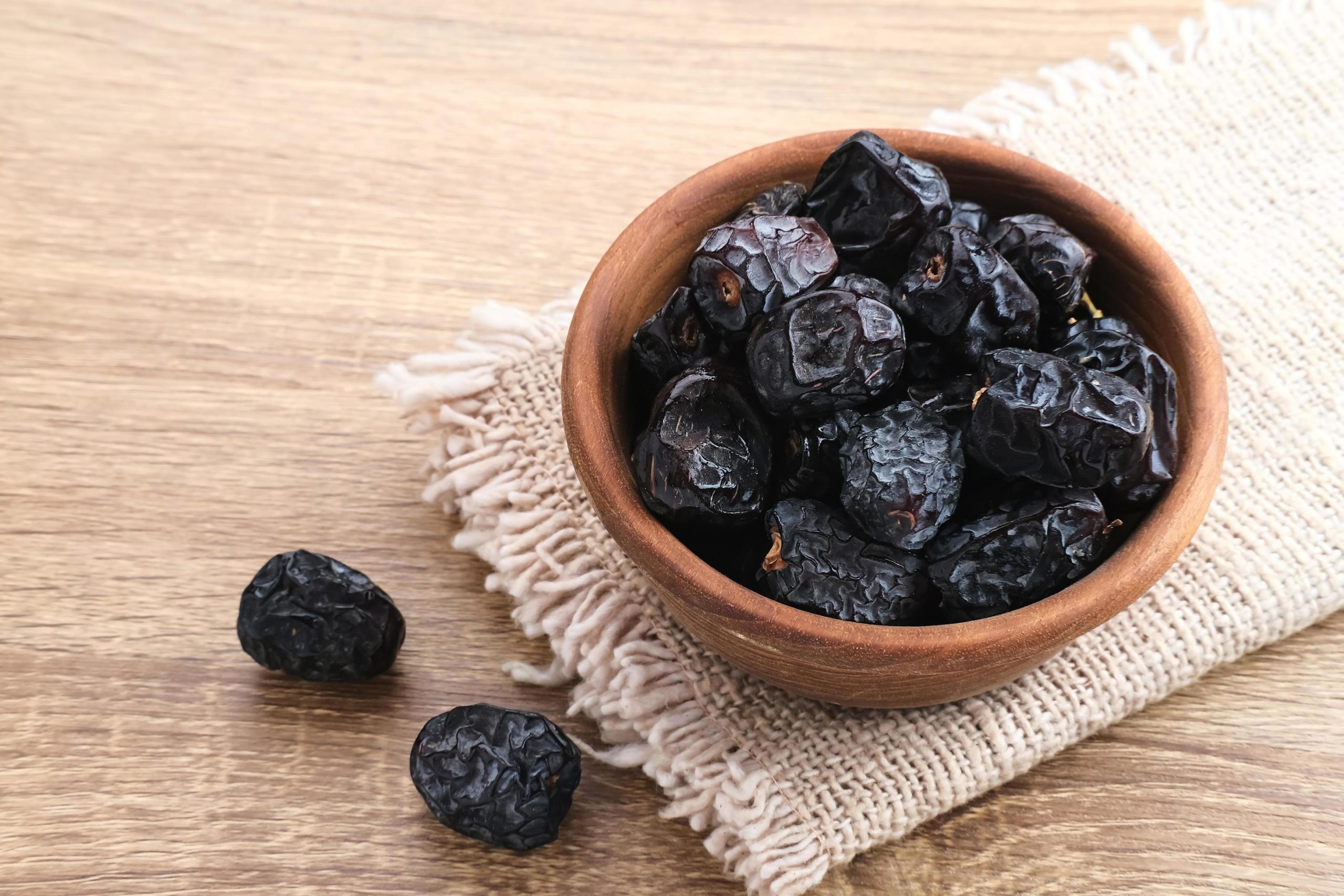
Significance of Kurma Ajwa in the Month of Ramadan
Introduction
The month of Ramadan holds immense spiritual significance for Muslims worldwide. Alongside the observance of fasting, special attention is given to the types of food consumed during this holy month. Among the various date varieties cherished during Ramadan, Kurma Ajwa holds a special place. In this blog post, we will delve into the significance of Kurma Ajwa in the month of Ramadan, exploring its qualities, spiritual symbolism, health benefits, and the traditions associated with its consumption.
The Key Highlights
Introduction to Kurma Ajwa and its importance in the month of Ramadan.
Exploring the unique qualities and flavor profile of Ajwa dates.
The spiritual symbolism of Ajwa dates in Islamic traditions.
Health benefits associated with the consumption of Ajwa dates during fasting.
Traditions and practices involving Ajwa dates in Ramadan.
The Significance of Kurma Ajwa in Ramadan
Origin and Qualities
Kurma Ajwa, known as the “King of Dates,” is a premium date variety originating from Madinah, Saudi Arabia. It is revered for its exquisite taste, rich texture, and distinctive dark color. The unique combination of flavors, including hints of caramel and molasses, makes Ajwa dates a highly sought-after date during Ramadan.
Spiritual Symbolism
In Islamic traditions, the consumption of dates, including Ajwa dates, holds spiritual significance. It is believed that Prophet Muhammad broke his fast with dates, emphasizing their nourishing and energizing properties. Therefore, Muslims often begin their iftar (the meal to break the fast) by eating dates, following the Sunnah (teachings) of the Prophet.
Health Benefits of Ajwa dates
Rich Nutritional Profile
Kurma Ajwa not only satisfies the taste buds but also offers several health benefits. These dates are packed with essential nutrients, including fiber, potassium, magnesium, and antioxidants. The natural sugars present in Ajwa dates provide a quick source of energy, helping to replenish the body after a day of fasting.
Digestive Health
The high fiber content of Ajwa dates promotes healthy digestion and aids in preventing constipation, a common issue during Ramadan due to changes in eating patterns. Additionally, the presence of antioxidants in Kurma Ajwa supports overall well-being by combating oxidative stress and inflammation in the body.
Traditions and Practices
Iftar Rituals
During iftar, it is customary to break the fast by consuming Ajwa dates along with water or milk. This practice not only provides immediate nourishment but also helps restore blood sugar levels and prepare the body for a complete meal.
Charitable Giving
Kurma Ajwa holds a significant role in charitable giving during Ramadan. Muslims often distribute dates, including Ajwa dates, to the less fortunate as a gesture of generosity and compassion. This act of giving reflects the spirit of Ramadan and fosters a sense of community and unity.
Conclusion
Kurma Ajwa holds deep spiritual, cultural, and health-related significance in the holy month of Ramadan. As Muslims observe fasting and engage in acts of devotion, the consumption of dates serves as a symbolic and nourishing tradition. Its unique qualities, spiritual symbolism, and health benefits make it a cherished and sought-after date variety during this sacred time. Let us embrace the significance of Ajwa dates in Ramadan and appreciate the blessings it brings to our lives.